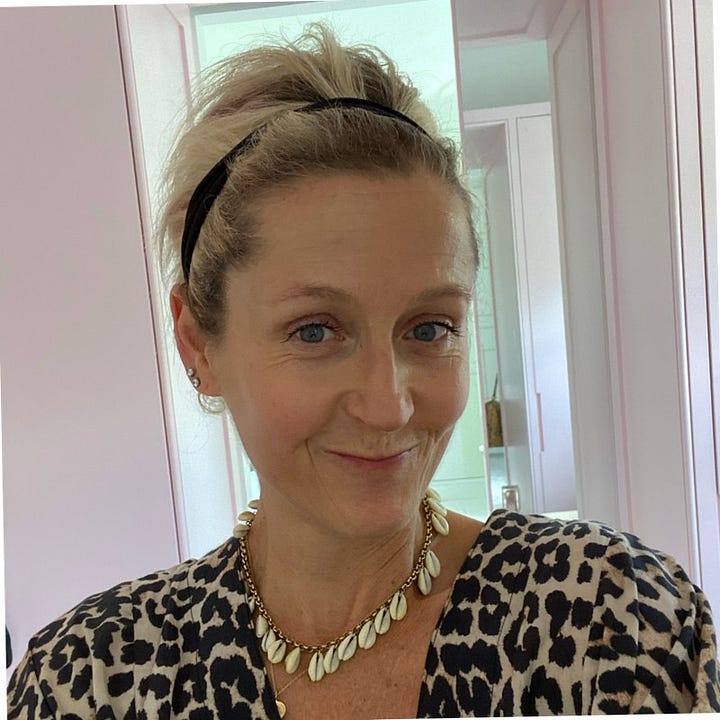Meet our judges: Martha Lane Fox
"Good political writing must have a compelling narrative like any other type of writing. But it must also be brave."


Each year the Orwell Foundation awards prizes for the writing and reporting which best meet George Orwell’s own ambition “to make political writing into an art”. Since the first annual Orwell Prizes were awarded in 1994, many distinguished figures from literature, journalism and public life have served on their judging panels (in this year alone, there are four independent panels across five prizes).
In our next interview, Martha Lane Fox wrote to us about what she is looking for as Chair of the Orwell Prize for Political Writing 2023, why good political writing matters - and how the internet is shaping politics.
Martha Lane Fox (CBE) is the President of the British Chambers of Commerce, Chancellor of the Open University and Chair of WeTransfer. She is a Patron of AbilityNet, Reprieve, Camfed and Just for Kids Law. From 2009 to 2013 she was Digital Champion for the UK and helped to create the Government Digital Service. She became a crossbench peer in the UK House of Lords in March 2013.
Since the establishment of the Orwell Prize for Political Fiction in 2019, the Orwell Prize for Political Writing has been awarded exclusively to a work of non-fiction. The winner in 2022 was Sally Hayden’s My Fourth Time, We Drowned (Harper Collins).
To many people judging a literary prize will seem like a daunting task. How are you finding the reading?
I feel so lucky to have this opportunity. It is daunting but it’s mainly fun, challenging and rewarding. I also chaired the Women’s Prize for Fiction during lockdown and so that was a good warm up.
What does good political writing mean to you?
Good political writing must have a compelling narrative like any other type of writing. But it must also be brave. We live in such uncertain and difficult times that there is an importance to revealing and exploring those aspects of our world that are unseen by so many of us.
What would you be reading if you weren't reading for the prize? What are your normal reading habits?
I read a lot. Always before I go to sleep – and whenever my strange worklife allows in the daytime too. I love poetry too, so I try to at least read a poem if my brain can't fit in anything else!
Tell us something about your relationship with George Orwell as a writer.
As a reader I am in awe of his abilities - from Down and Out in Paris and London to Nineteen Eighty-Four, his big ideas combined with a sharp focus on the most vulnerable is extraordinary.
As an erstwhile writer (I try to blog and I write in the Sundays Times each week) I am in awe of his clarity and simplicity. His essays on good writing are beyond compare.
He was a pre-digital writer but Orwell is often held up as a prophet for the internet age. Has the internet changed politics forever?
More than I certainly ever imagined in the early days. For good and bad of course, but think of all the access to ideas and information that was opaque pre-internet. Now as technology goes through another AI revolution we must make sure that digital citizens are curious about context and authenticity.



